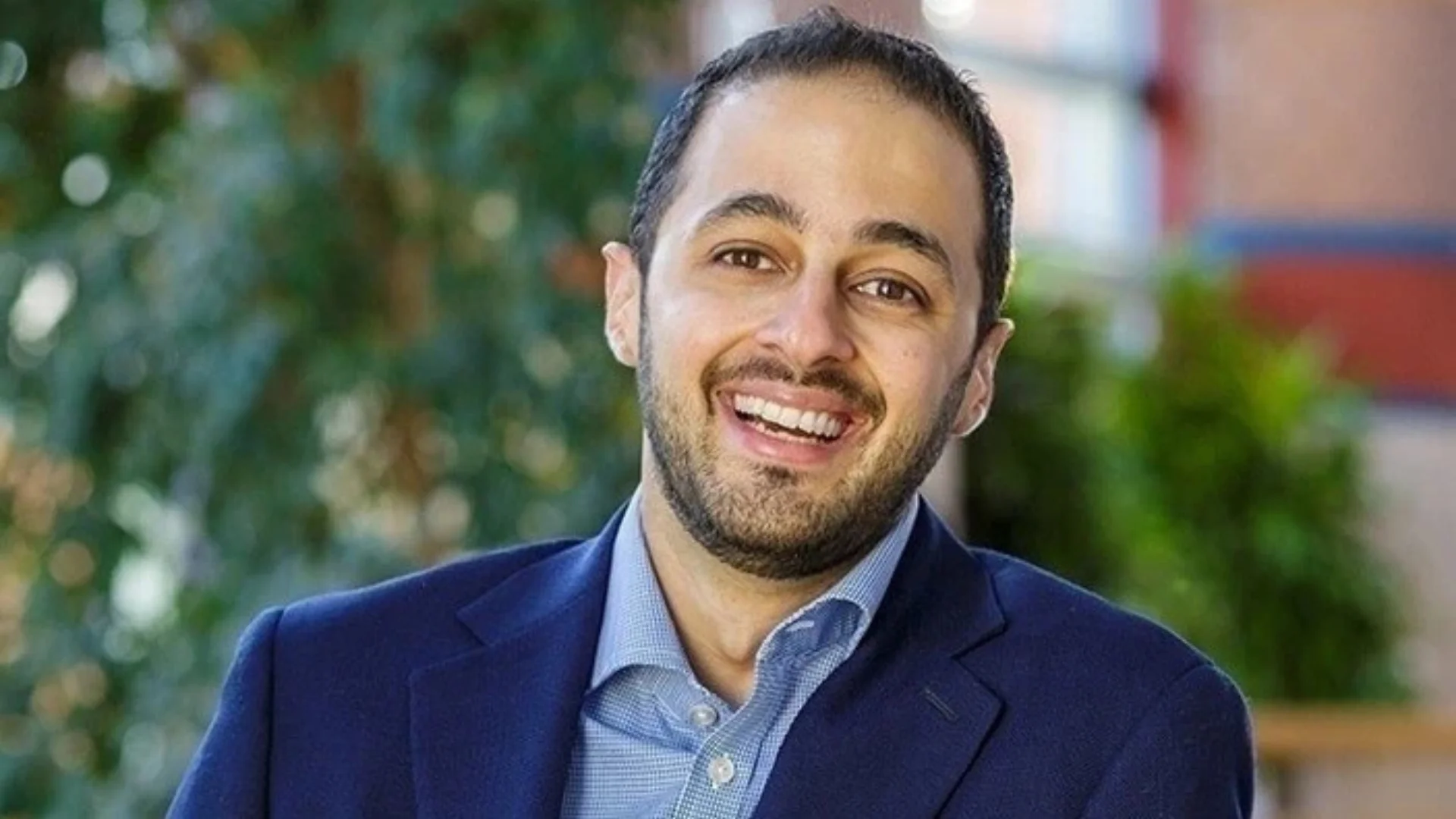King’s Entrepreneurship Lab (King’s E-Lab) and Founders at the University of Cambridge have announced the 24 startups selected for King’s College’s first incubator programme. The initiative, called SPARK, is designed to help University of Cambridge students and alumni turn research-based ideas into investable companies.
SPARK was developed by King’s E-Lab in partnership with Founders at the University of Cambridge. The programme aims to support ventures working on challenges such as disease prevention, fertility support, and climate resilience. Participants will receive mentorship, training, and access to networks of entrepreneurs and investors.
The selection process saw more than 180 applications for SPARK 1.0. Of those chosen, companies are focused on fields including AI, machine learning, biotechnology, and impact sectors. About 42% are at the idea stage, 40% have an early-stage product, and 17% have early users. Around half are led by women.
Startups joining the programme include Ashgold Africa (edtech for solar energy in Kenya), Aizen Software (fintech for financial inclusion), GreenHarvest (agritech using satellite data), Heartly (cardiovascular health guidance), Egg Advisor (platform for egg freezing advice), SafeTide (medicine stability technology), Yacson Therapeutics (plant-based therapeutics for inflammatory bowel disease), Zenithon AI (AI/ML for nuclear fusion development), among others.
The four-week incubator begins at the end of August. Participants will work with mentors from both Founders at the University of Cambridge and King’s E-Lab to develop their business models and prepare for investment opportunities.
After completing the programme, founders will have a validated business model and a pathway to product development. They will also gain access to expert mentorship, masterclasses with global entrepreneurs and investors, opportunities to pitch for £20,000 in funding as well as further investment from angel investors during Demo Day, and membership in a community of innovators.
Kamiar Mohaddes, co-founder and Director of King’s Entrepreneurship Lab said: “Cambridge has been responsible for many world-changing discoveries, but entrepreneurship isn't the first thought of most people studying here. Driving economic growth requires inspiring the next generation to think boldly about how their ideas can shape industries and society. We want SPARK to be a catalyst, showing students the reality of founding a company. We look forward to seeing this cohort turn their ambitions into ventures that contribute meaningfully to the economy.”
Gerard Grech, Managing Director at Founders at the University of Cambridge said: “Cambridge is aiming to double its tech and science output in the next decade – matching what it achieved in the past 20 years. That ambition starts at the grassroots. The energy from the students, postgraduates and alumni is clear, and with tech contributing £159 billion to the UK economy and 3 million jobs, building transformative businesses is one of the most powerful ways to make an impact. This SPARK 1.0 cohort is beginning that journey, and we’re pleased to partner with King’s Entrepreneurship Lab to support them.”
Gillian Tett, Provost of King’s College said: “Cambridge colleges have more talent in AI, life sciences and technology, including quantum computing, than ever. Through SPARK we can support even more students, researchers and alumni to turn their ambition into an investable idea and make the leap from lab to marketplace. This isn’t just a game-changer for King’s but for every college in Cambridge whose students join this programme and journey with us to make an impact from Cambridge on the world.”
Jim Glasheen, Chief Executive of Cambridge Enterprise said: “The SPARK 1.0 cohort highlights the breadth and depth of innovation within collegiate Cambridge. SPARK,and the partnership between King’s College and Founders at the University of Cambridge,is a testament to our shared commitment to nurture and empower Cambridge innovators who will tackle global challenges and contribute to economic growth.”
The programme is open free-of-charge for current students graduating in Summer 2025 as well as recent graduates within two years thanks in part to support from Malcolm McKenzie—a King’s alumnus—and backing from both King's College London [correction: should be King's College] E-Lab Senior Advisory Board Chair.

